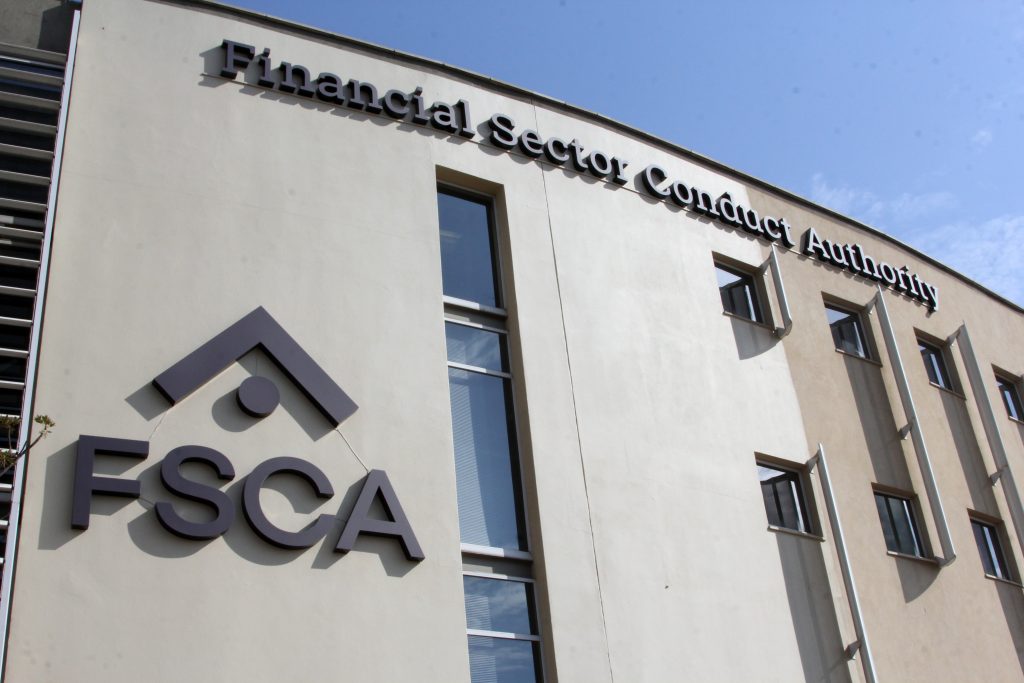
The Financial Sector Conduct Authority (FSCA) has issued a statement clarifying that while creating a memecoin may not be inherently illegal in South Africa, various activities associated with them are regulated and require a financial services license.
A memecoin is a type of cryptocurrency inspired by internet memes, jokes, or cultural trends. One of the earliest and most well-known examples is Dogecoin, which started as a parody of the cryptocurrency market but later gained real-world value and usage.
Following the recent launches of $TRUMP and $MELANIA, MyBroadband reached out to both the FSCA and the Regulatory Guidance Unit of the Intergovernmental Fintech Working Group (IFWG) for their insights on the regulatory landscape surrounding memecoins.
High-Profile Memecoin Controversies
The official memecoins of Donald Trump and Melania Trump were launched on the Solana blockchain just before Trump’s inauguration for a second (non-consecutive) term as U.S. president. Trump and his wife promoted these tokens on social media, leading to a rapid surge in their prices—before they eventually crashed.
A similar controversy arose in Argentina when President Javier Milei endorsed a memecoin named Libra. Milei claimed the token would help boost Argentina’s economy by funding small businesses and startups. However, he later deleted his post and distanced himself from the project, stating:
“I was not aware of the details of the project, and after informing myself, I decided not to continue promoting it.”
Following these incidents, Stephen Findeisen, widely known as Coffeezilla, conducted an investigation that exposed insider trading in multiple memecoin launches. His findings suggested that the same company was behind both the Libra and $MELANIA launches, and that key figures had used privileged access to carry out a classic “pump and dump” scheme.
South Africa’s Regulatory Stance on Memecoins
When asked about South Africa’s regulatory approach, the FSCA emphasized that its response is for general informational purposes only and should not be considered legal or regulatory advice. The authority also made it clear that its position is not final and could evolve based on market developments and future regulatory decisions.
“Entities and individuals engaging in financial services related to crypto assets are encouraged to seek independent legal and compliance advice regarding their specific obligations under applicable laws.”
Memecoins Are Considered Financial Products
Despite the disclaimer, the FSCA reiterated that crypto assets were officially classified as financial products under the Financial Advisory and Intermediary Services (FAIS) Act on October 19, 2022.
This classification means that anyone providing financial advice or intermediary services related to crypto assets must be licensed as a Financial Services Provider (FSP) or be an appointed representative of a licensed FSP.
The FSCA further stated that memecoins fall under the definition of “crypto assets” as per its 2022 declaration, as they:
- Represent a form of value that can be stored and traded
- Can be used for payments
- Operate using cryptographic and distributed ledger technology
Regulation of Services, Not the Tokens Themselves
One key point the FSCA highlighted is that the FAIS Act does not regulate financial products directly—including memecoins. Instead, it regulates the financial services and advice associated with these assets.
Under the FAIS Act, financial services are divided into two main categories:
- Advice – Providing financial recommendations, guidance, or proposals regarding financial products or transactions.
- Intermediary Services – Conducting activities on behalf of a client or product supplier that facilitate a financial transaction.
The FSCA emphasized that intermediary services cover a wide range of activities, including:
- Buying and selling financial products
- Managing or administering financial products
- Providing financial services related to crypto assets
If a person or company performs any of these services in relation to crypto assets, they must apply for a financial services license.
However, issuing a crypto asset itself is not regulated under the FAIS Act. The regulations only apply to financial services provided in connection with crypto assets.
“If a token issuer provides financial services related to the crypto asset they issue, they must be licensed under the FAIS Act,” the FSCA clarified.
Final Thoughts
The rise of memecoins has brought excitement to the crypto space, but it has also led to market manipulation, pump-and-dump schemes, and regulatory concerns.
In South Africa, while creating a memecoin may not violate the law, promoting, advising on, or providing financial services related to them without the proper license could.
For anyone considering launching or promoting a memecoin in South Africa, the FSCA strongly advises seeking independent legal guidance to ensure compliance with the country’s financial regulations.









